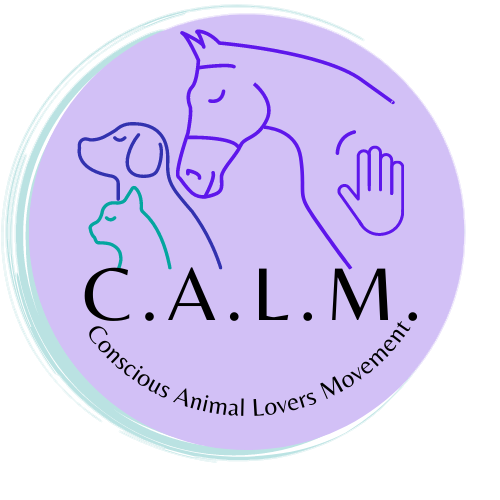Cancer has quickly become one of the top causes of death in our companion animals. It is well accepted now that the primary cause of many diseases is inflammation, from heart disease, to allergies, arthritis, inflammatory bowel disease to cancer. Over the decades of pioneering holistic integrative veterinary care, I have witnessed a tremendous increase in the incidence of cancer. I believe it is naive to believe that it is just because we have better diagnostics. Certainly there is a genetic predisposition for certain types of cancer in certain dog breeds, yet, a large percentage is secondary to all the toxic environmental exposures stimulating a chronic inflammation as well as the build up of toxins in the body. There is a great deal of debate as to what role overvaccination, poor quality pet foods, chronic exposure to pesticides, herbicides etc. have on the body often then manifesting as cancer. Personally, I am of the belief there is a tipping point of a toxic overload that then can result in the development of cancer. This article on the use of baking soda, sodium bicarbonate, as a possible treatment for cancer stimulated the writing of this post.
Throughout my career I have been studying, searching and evaluating various natural, nontoxic therapies for cancer. I have found that a combination of appropriate dietary management, nutraceuticals, chinese herbal formula’s, medicinal mushrooms and vitamins can cause a significant improvement in cancer, sometimes leading to complete remission or at least improving the quality and length of an animal’s life. Recently I came across this interesting article on the use of baking soda in the treatment of Cancer. The study is actually being conducted at the University of Arizona Medical School. I have been aware of this treatment approach, but have not used it extensively in animals. After reviewing the article, I find that there is indeed some merit in exploring the use of sodium bicarbonate, baking soda in the treatment of cancer in animals. I will be exploring this approach more and discuss possible studies in animals. I will keep you posted.
As with many conditions, the ideal is prevention rather than treatment. The more we can optimize an animals nutrition and minimize exposure to toxins, the better the odds that one will not develop cancer. Unfortunately with the increased exposure to more and more toxins, pesticides, poor quality food, and the so called “elephant in the living room”, the exposure to the increased radiation from the Fukushima diseaster, we will have to deal with cancer in animals as well as humans more frequently. I will continue my commitment to explore natural, nontoxic approaches to help all of us live longer, happier, healthier lives.


